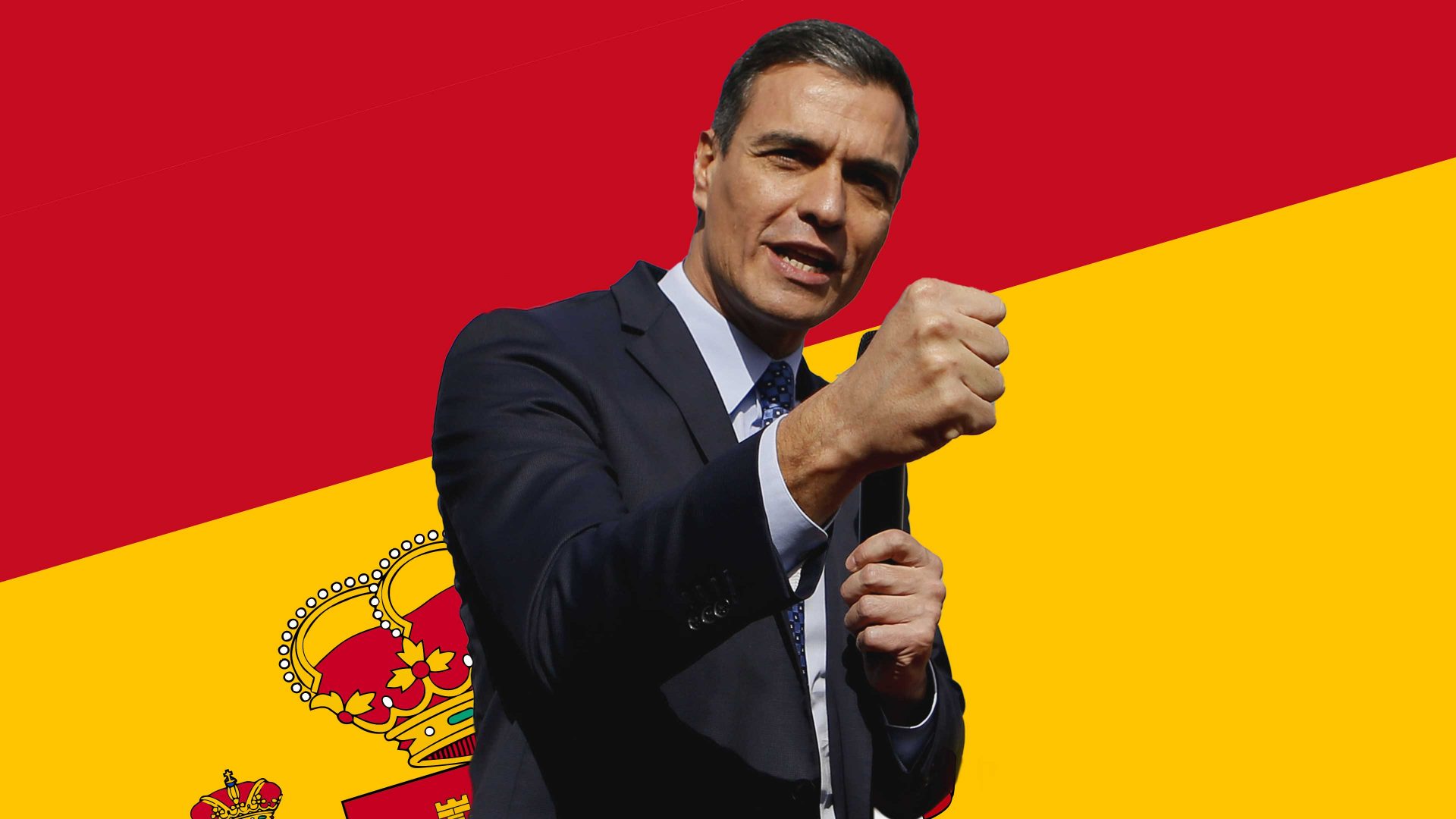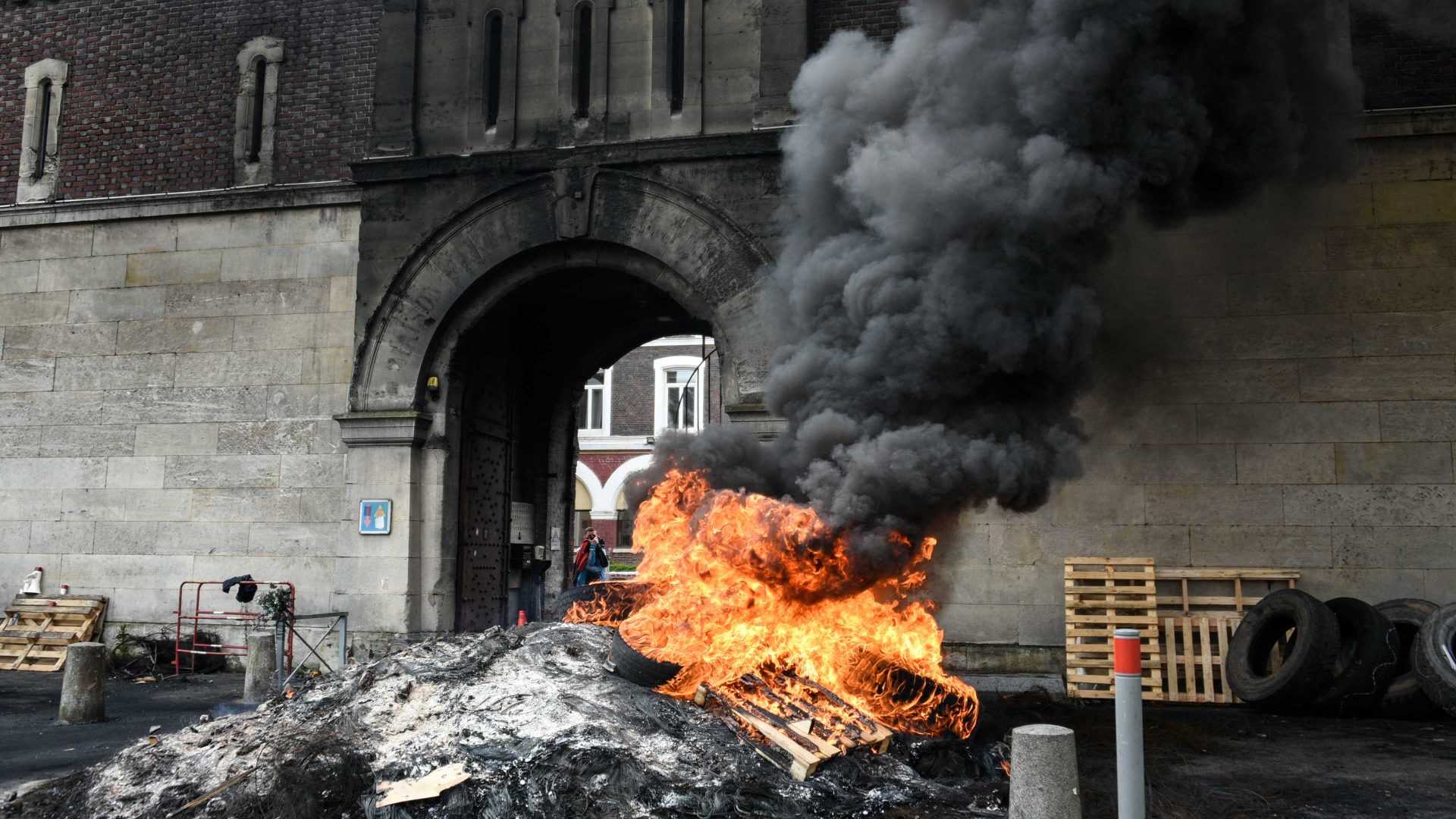Pedro Sánchez has pulled off his latest political coup. Spain’s prime minister appears to have adopted a high-risk, high-reward strategy faced with separatists and populists and, at least for now, it’s working.
On May 12, Catalonians went to the polls in regional elections to vote for MPs in the devolved parliament of Catalonia. All 135 representatives were up for election.
Sánchez’s socialist party won the most seats, bringing an end to 12 years of pro-independence majority governments in the region. This remarkable turnaround for the socialist party comes after Sánchez worked with separatist parties on an amnesty for those involved in the illegal 2017 Catalonia Independence Referendum.
The amnesty infuriated right wing and far-right parties, who have accused Sánchez of being a traitor and terrorist sympathiser. Deals with separatist parties have also made him unpopular in the capital.
But in Catalonia, the move paid off. The independence movement has been deflated, allowing Sánchez’s socialists to focus on bread-and-butter issues, like the cost of living.
Salvador Illa, a Sánchez ally and former health minister in his national government, has taken his party from just 17 seats in Catalonia’s parliament in 2017 to an impressive 42. He credited the turnaround, in large part, to the amnesty and Madrid’s more conciliatory approach to separatists.
A view you will hear often is that Sánchez calming the waters with deals like the amnesty has earned him some independence votes.
But Sánchez is not in the clear yet. People are a little tired of the “procés” (the term used to refer to Catalonia’s road to independence under previous regional administrations) and are looking for more stability. There was also a disappointingly low turnout.
This was a big issue for Marisol, a 60-year-old from Girona. “We can’t forget that more than 45% of the electorate didn’t vote. That’s alarming and no one is talking about it. People are so disillusioned due to corruption and the fact that parties don’t represent local people.”
Yet this is certainly not the message highlighted by Spain’s two main political parties. PP (Spain’s Conservative party) also had an impressive night, winning 15 seats, up from just three.
Nonetheless, Catalonia’s recent results buy the prime minister time. If he can transform support in regional elections into support in a general election, he might find a path to stay in power.
For those watching from across Europe, however, it may also seem as if Sánchez has mastered the art of beating populists.
I moved to Spain two years ago, and I’ve grown to view the prime minister as the country’s ultimate political survivor. Each time I think he’s sailed too close to the wind, he manages to get out of trouble.
After all, Sánchez only managed to come to power after winning a no-confidence vote against Mariano Rajoy in 2018. Interestingly, Rajoy also earned the term of Europe’s political survivor – until he wasn’t.
But instead of fighting populists, some here see Sánchez as merely emulating their ways. Last month, he put the country in limbo for several days by publicly stating that he was thinking about whether to resign after a right wing organisation brought corruption charges, seen as widely trumped up, against his wife. Eventually, he stayed. Spain, he said, was calling for him to stay. That’s exactly the kind of thing a populist would say.
Callum Tennant is a British writer living in Bilbao



